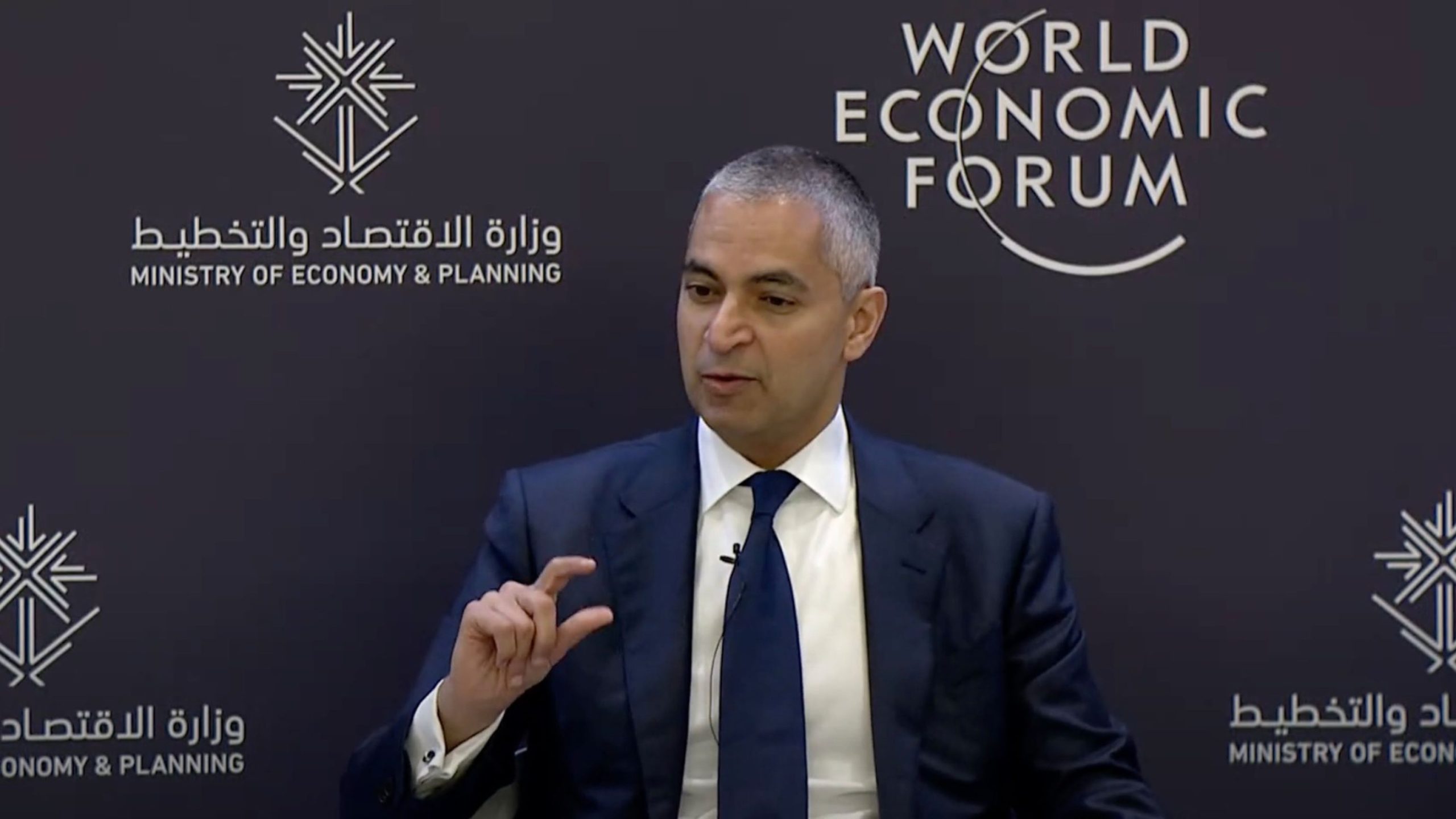The World Economic Forum (WEF) “globalism caravan” was in Saudi Arabia late last month, when one of these “special meeting” panels heard about the usefulness of what one might call “behavioral population lessons learned” during the Covid pandemic.
Specifically, regarding the current push to introduce central bank digital currencies (CBDCs) around the world.
The pandemic itself may have done a sudden “disappearing act” about two years ago – but it’s clearly seen by some as paving the way for a host of other things.
One – the vast majority of people responded to extreme movement and activity restrictions that profoundly affected their lives, plus vaccines – without basically any resistance.
And this by no means went unnoticed.
And that has clearly emboldened a certain class of policy-makers to make further assumptions, about other controversial policies (like CBDCs).
A Gulf central bank chief – Khalid Humaidan of Bahrain – told WEF’s Riyadh “Digital Currencies’ Opportunity in the Middle East” panel that his country is working to get rid of cash altogether, and replace it with digitally centralized, (therefore almost perfectly controlled and tracked) CBDCs.
That’s in and of itself not a Middle East thing – many governments around the world want to do the exact same. Nevertheless, Humaidan for some reason “went there” and actually made the link between what some theorists see as “the great social experiment” – namely, the pandemic – and how it has opened the path for, effectively, corralling billions of people into a certain pattern of thinking and acting.
Humaidan had an interesting take on what “control over cash” means – according to him, central banks were previously “very much in control with all aspects of cash.”
And now – “We’re comfortable to the point where the private sector plays a big role in the printing of the cash, in the distribution of the cash, and with the private sector we use interest rates to manage the supply of cash.”
That’s how the pioneers in the space now feel comfortable speaking, and – how about this take on “state-private sector collusion.” This aspect is not something the US public is even aware of now – thinking instead of how that collusion affects social media accounts, etc.
Meanwhile, we also have Humaidan saying that CBDCs might shortly undergo a rebranding.
“The central bank will have a role, but at some point in time – the same way we don’t call it ‘central bank cash’ – we’re probably going to stop calling it central bank digital currency.”
As for why any of this clearly marketing and spinning would succeed, faced with an informed and critical thinking public – this central bank chief was clear he thought the ground has been tested with the pandemic, and the precedent (apparently) permanently reliably set:
“There’s less use of cash (…) The transition to fully digital is not going to be a stretch (…) People are used to it (…) Its adoption rates increased because of COVID. There is very little resistance,” said Humaidan.





















